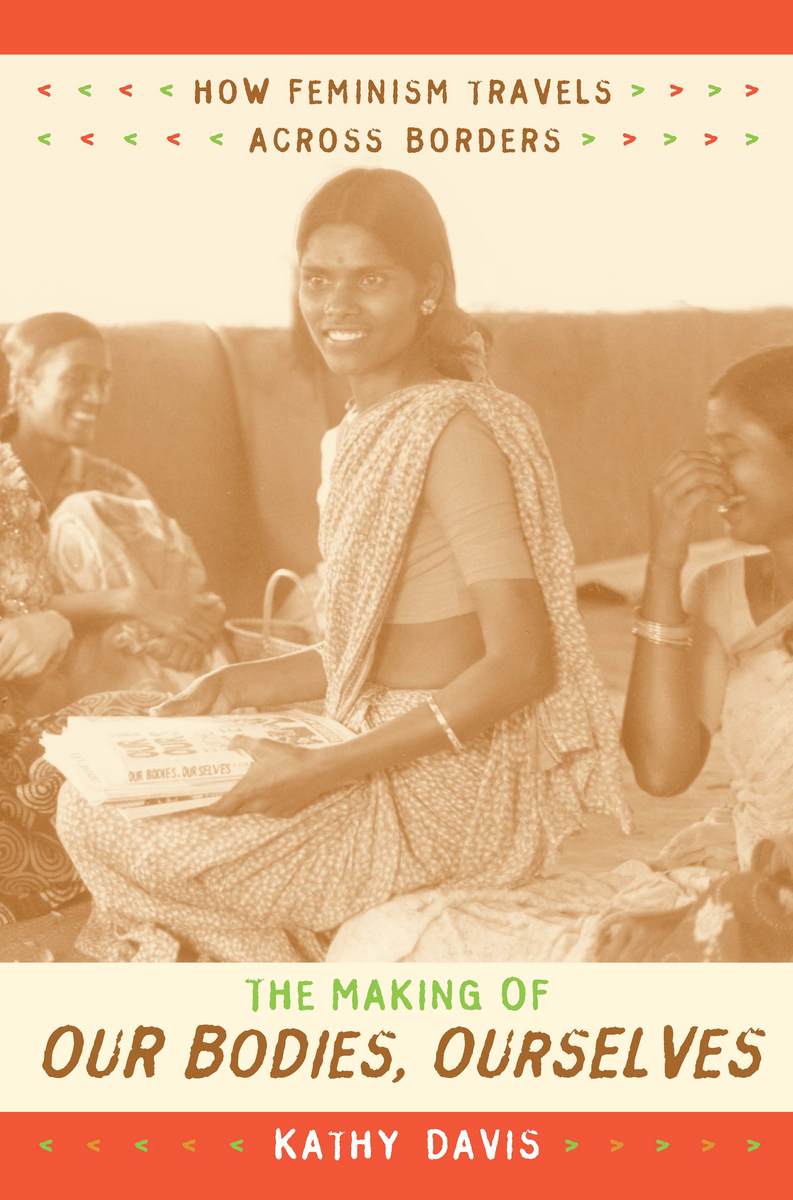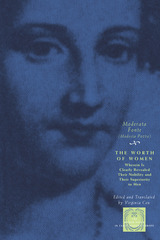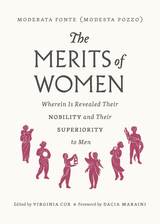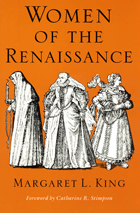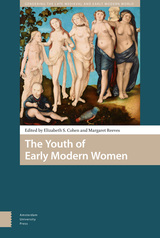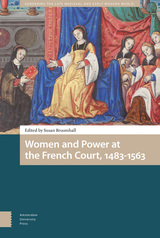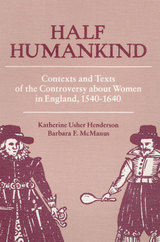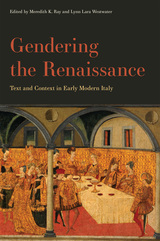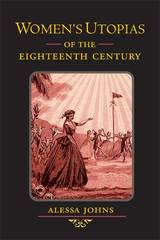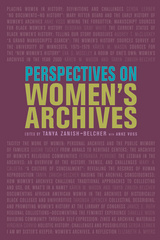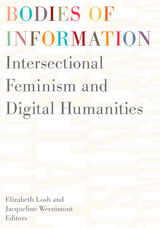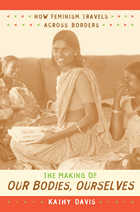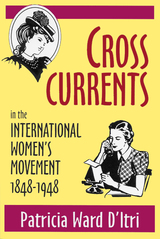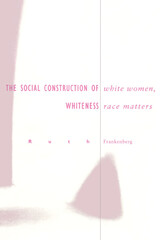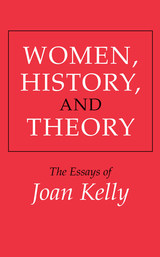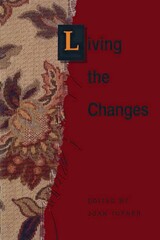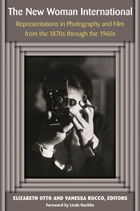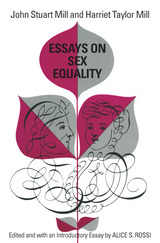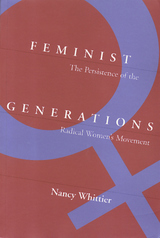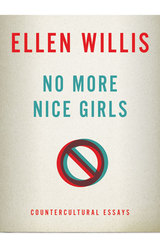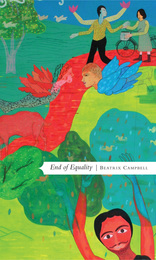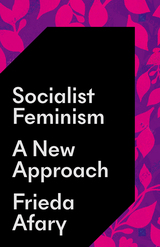“Feminism travels, and Our Bodies, Ourselves is today the most transnational effort of women’s health movements. In this theoretically sophisticated book that I have yearned for, Kathy Davis offers history and an assessment of Our Bodies, Ourselves as a multi-sited epistemological project, and she brilliantly reveals quite hopeful implications for transnational feminist theory. A politically grounded analysis of how Western feminism can become ‘de-centered’ through practice. Brava!”—Adele E. Clarke, coeditor of Revisioning Women, Health, and Healing: Feminist, Cultural, and Technoscience Perspectives
“I highly recommend this study of the travels of the feminist health paradigm created by the Our Bodies, Ourselves book project. Providing a comparative analysis of the transnational feminist coalitions that have formed around translations of the book, Kathy Davis offers fresh, exciting insights to feminist theorists, historians, and health activists. She avoids the dead ends of many reductivist feminist, postmodern, and postcolonial approaches to the body. Davis gives us one of the best examples yet of interdisciplinary feminist scholarship that connects theory and practice.”—Ann Ferguson, coeditor of Daring to be Good: Essays in Feminist Ethico-Politics
“[A] smart, sensitive, hopeful book. . . . [A] brilliant defense of the Second Wave premise that sisterhood really is global.”
-- Rebecca Walker Bookforum
“[I]n her beautifully written book, The Making of Our Bodies, Ourselves. Davis distinguishes among the book, the collective of women that produced the book and the multiple (and ongoing) translations of the book. She expertly disentangles the different projects and explains their significance and along the way also reports and deconstructs the myth and considers how this myth enables the circulation and transformation of OBOS in many parts of the world. The major contribution of The Making of Our Bodies, Ourselves is not in filling in details about the story of OBOS but in its engagement with key directions in current scholarship about feminism, health activism, knowledge and the body.”
-- Susan E. Bell Health
“[T]his is a fascinating exploration of the role that feminist health activists have played in releasing women in the western world from the strongly patriarchal medicalisation of their bodies, as well as the role that non-English speaking feminists have played in releasing feminism from the clutch of white, middle-class American feminists.”
-- Flloyd Kennedy M/C Reviews
“Davis gives the reader an intimate, comprehensive history of Our Bodies, Ourselves and the Boston Women’s Health Book Collective. . . . Davis’ work demystifies Our Bodies, Ourselves as a perfect, infallible text in women’s health and modern feminist movements. It recognizes the impact of cultural difference and sensitivity in conveying information to women as they make decisions about their bodies and relationships. The Making of Our Bodies, Ourselves is a strong contribution to existing works on the social impacts of translation and the transmission of information bout women’s bodies today.”
-- Elizabeth R.Thompson Journal of Sociology
“Davis looks beyond the book’s iconic status to observe its development as an unlikely cultural export. . . . Her thoughtful analysis reveals the tensions inherent in creating and revising a collectively borne work of feminist thought, and the often-rocky attempt to address intersecting identities of race, sexuality, ethnicity, culture, and class. As a history of both Our Bodies, Ourselves and of transnational feminist theory, the book is an invaluable resource for women’s studies scholars and researchers.”
-- Keidra Chaney Bitch
“Davis’ book brilliantly brings together the debates on contemporary body theory and women’s health activism as complementary corpus of knowledge that merged into concrete feminist agendas. Going full circle, in the end Davis tells us how OBOS finally got back home reconstituted through the voices of a myriad of women who are different from the original group of white baby boomers, but similar in their hopes of all sorts.”
-- Anahí Viladrich Bulletin of the History of Medicine
“Davis’s research and reflections provide not only a welcome new addition to the historical literature on the women’s health movement, but also a finely nuanced understanding of how [Our Bodies, Ourselves] eventually became what she calls ‘a global feminist project of knowledge.’”
-- Betsy Hartmann Women's Review of Books
